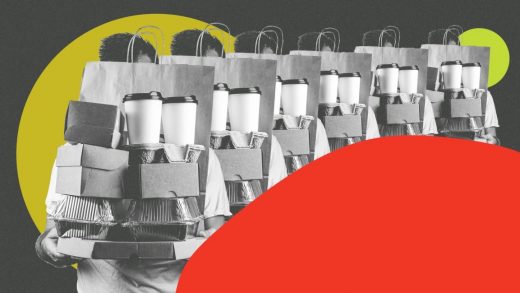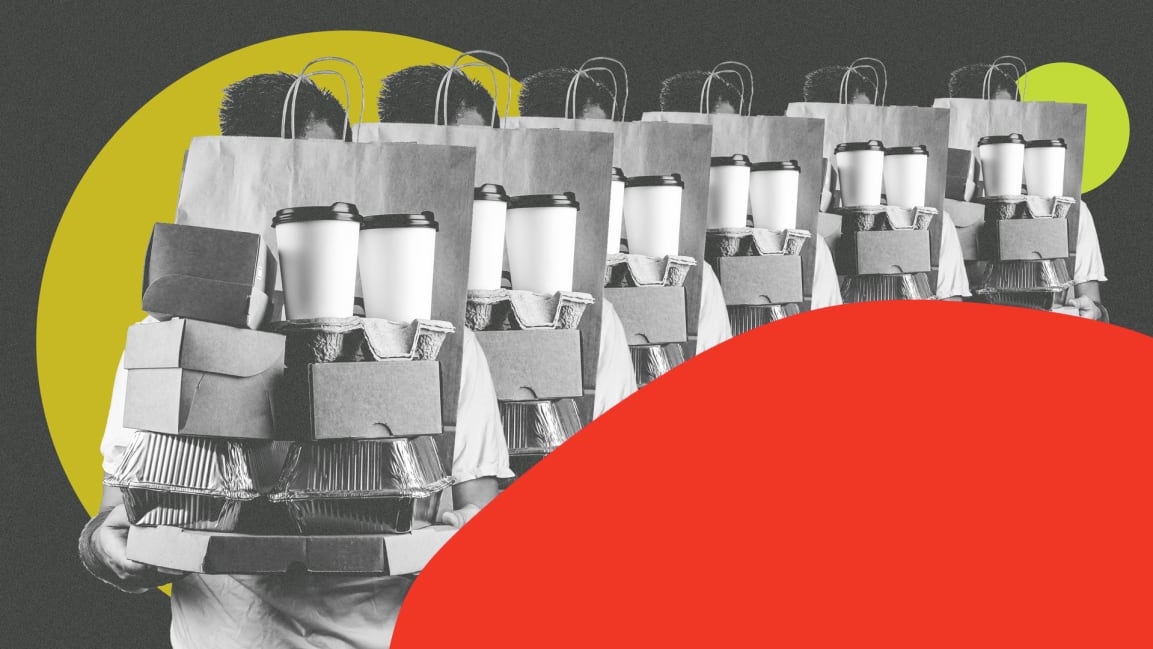The self-defeating flaw at the core of gig companies like Uber and DoorDash
Coming on the heels of California’s passage of Prop 22, Airbnb’s public nod to their hosts is even more notable. Prop 22 has exempted app-based transportation and delivery companies from providing the benefits typically reserved for full-time employees (such as health insurance, PTO, and retirement) to the independent contractors that power their businesses. The record-breaking campaign that Uber and other gig companies waged led to the prop’s passage—and serves as a stark reminder that not every human-driven business is ready to center themselves around the people driving their success. Gig platforms, in particular, have struggled with this issue, leading to driver protests and unionization efforts.
There is incredible technology behind freelance economy marketplaces, but the actual engines powering them are the people performing the services. It’s becoming increasingly clear that companies that acknowledge the humanity of the “supply side” of their marketplaces (the workers, drivers, and homeowners) are at a distinct advantage. These companies treat the people powering their products as their primary customers. While we certainly didn’t get everything right, TaskRabbit (the company I founded back in 2008) has focused on delivering a quality experience for our Taskers and treating them as our core customer.
As a founder myself and an investor, I often see founders fall into a “build, build, build” mindset. This singular, almost maniacal focus on building can make it easy to forget that there are real humans utilizing your product in the real world. And with any business, it can be tempting to prioritize short-term growth goals and ignore the eventualities that could arise from that mindset (and the products it leads to) over time.
While it’s logical to assume that obsessing over the “demand side” of the marketplace (i.e., the clients, or the people ordering rides, food, and other services) would deliver the best experience for users, it was quite the opposite at TaskRabbit. Building a quality experience for the “supply side” (the Taskers) was actually the key. As the physical representation of our brand, the Taskers were the ones who showed up to our clients’ homes each and every day, delivering the brand experience to them without our intervention.
If Taskers felt mistreated or ignored, this would inevitably manifest in a negative experience for the clients. Moreover, it would lead to more Taskers convincing clients to do future jobs off the platform, which would stall our growth. If we wanted to build a client experience that ensured a high Net Promoter Score (NPS), drove repeat purchases, and increased Life Time Value (LTV) of our clients, then we would first have to develop a solution that put our Taskers front and center.
Focusing on Taskers as our primary customer from day one led to three keys to our approach:
With a new administration arriving in a few short weeks, I hope that entrepreneurs think critically about the potential regulatory pressures they could face and treat those who power their businesses like the invaluable assets they are from the company’s earliest days. At the end of the day, the fight over Prop 22 showed that a new generation of workers are lacking the support they need from the companies they work for. While the prop absolved companies of meeting some of those needs, I’m hopeful that with this clarity, new solutions will emerge in the months and years ahead.
Leah Solivan is the founder of TaskRabbit and the general partner at Fuel Capital.
(26)



